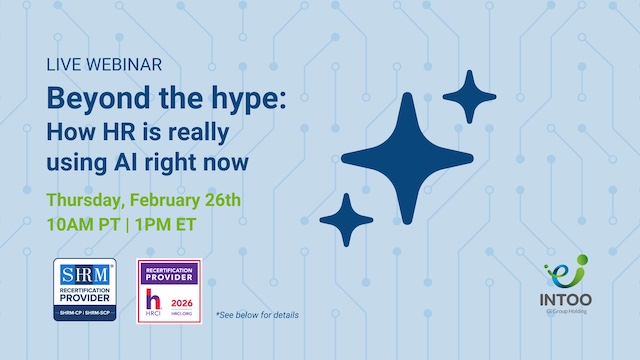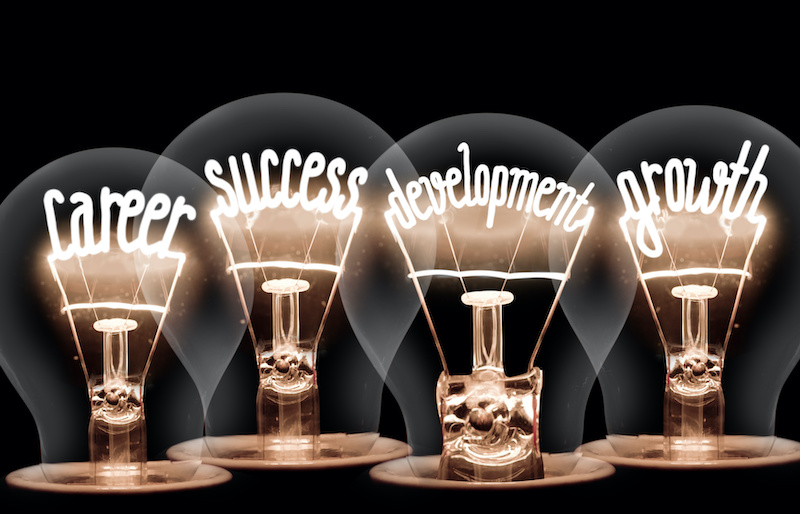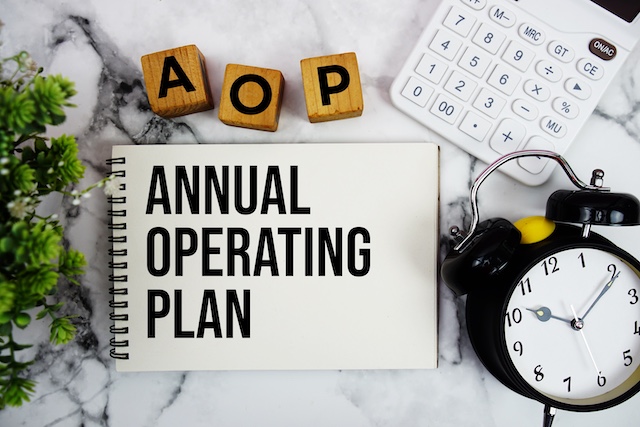In the age of social media,
brand building has transformed radically. Gone are the days when companies
could hone their brand perceptions largely through mission statements and press
releases. Today, your brand reputation hinges less on the carefully-crafted
content you put out there — and more on the quickly-written opinions shared on
social media, job sites, and blogs by current and former employees, customers,
and even casual job seekers.
This means creating a
positive experience for everyone who comes in contact with your brand is more
important than ever — especially in times of major company transitions or
layoffs. That is why a company outplacement program is essential for all organizations
today.
What is outplacement? It is a service provided by employers to assist departing employees in transitioning to the next step in their careers. By providing these employees with practical, personalized assistance finding new jobs, you not only protect your brand from negative reviews and potential lawsuits, but also strengthen your reputation as a caring, forward-thinking company.
Here are three reasons whyoutplacement is critical to long-term branding.
1. Outplacement stops negative social media and reviews
before they start.
Without a good outplacement
strategy in place, a layoff can trigger a sharp nosedive for your brand
reputation. That’s because a whopping 66% of people choose to share their poor
layoff experiences with others, as we found in the 2015 Intoo Employer Branding Study. On social media, word spreads fast — even in real time —
so just one negative experience shared by an unhappy employee can be seen by
thousands through reposts and retweets — or even by millions, if the pithy
review happens to go viral. This kind of damage to an employer’s image can take
years of work to correct.
The good news is that an
outplacement strategy can significantly mitigate such risks. By quickly
shifting an employee’s focus away from the uncertainties caused by the job loss
and toward the possibilities of a supported new career move, an outplacement
strategy prevents the worst of employee panic and fear — the major triggers
behind negative company reviews.
In fact, our Employer Branding Study found that employees given outplacement or career
assistance following a layoff were 38% less likely to think negatively about
their former employer. That’s not surprising, considering the fact that good
outplacement services often lead to higher salaries.
If a former employee can
credit their old company with an unexpected career boost, this can build a
tremendous amount of goodwill — and even trigger positive reviews, shares, and
tweets.
2. A robust outplacement strategy retains talent — and creates
brand ambassadors.
Layoffs don’t affect just
those who are let go. Those who stay also go through an often-painful process
of watching their coworkers and friends depart — and may experience major
shifts in their morale, sense of security, and, consequently, their overall
perception of their employer.
By providing outplacement services and giving departing employees job search help, organizations demonstrate all employees will always be treated well and supported as individuals, even as they leave the company. This sense of support leads to an employee’s higher productivity in the workplace and active engagement in company goals — as well as to increased loyalty and positive advocacy on behalf of the brand. Happy employees serve as the best brand ambassadors for the company, sharing their positive experiences on LinkedIn, Glassdoor, and other online channels in authentic and organic ways.
3. Outplacement services help attract great employees —
especially brand-savvy millennials.
Finding good candidates for open positions is
a real challenge in this economy. According to CareerBuilder’s 2019 National Survey,
50% of human resource managers say they have
open positions for which they can’t find qualified candidates.
This is another major reason why a brand reputation management is essential. Our Employer Branding Study found that 91% of candidates seek out at least one online
or offline resource to evaluate an employer’s brand before applying for a job.
Even more to the point, about 80% of
candidates said they would not apply to a 1-star rated company.
These trends apply even more strongly to
millennials in the job market, who are twice as likely as
boomers and 50% more likely than Gen-Xers to research beyond the company
website, visiting an average of two social media platforms or review sites
before deciding to apply to a job. Research conducted by LinkedIn
— which found 60% of professionals 40 and under are most likely to associate
employer branding with job consideration — mirrors our findings.
What do millennials seek when they’re
evaluating companies? Aside from pay, culture is the most important factor,
according to The Deloitte Millennial Survey for 2018.
Thus, demonstrating honesty and ongoing care is essential for attracting,
hiring, and retaining future candidates. Providing outplacement services, which
shows your company’s respect for employees and concern about their long-term
success, serves as an essential benefit to attract excellent millennial talent.
__
Brand management can seem a daunting and
complicated task in the internet age. The good news is that a comprehensive
outplacement program that offers robust job search assistance can serve as a
key solution to strengthening your brand reputation. Since outplacement is now
accessible to and affordable for everyone,
companies can provide robust career transition services for each employee
facing a layoff — while avoiding negative social media and generating positive
word of mouth about your brand.
With Intoo’s outplacement solution™, job seekers find jobs significantly faster than the
national average time it takes to find employment. Schedule a demo of Intoo’s outplacement services today.











